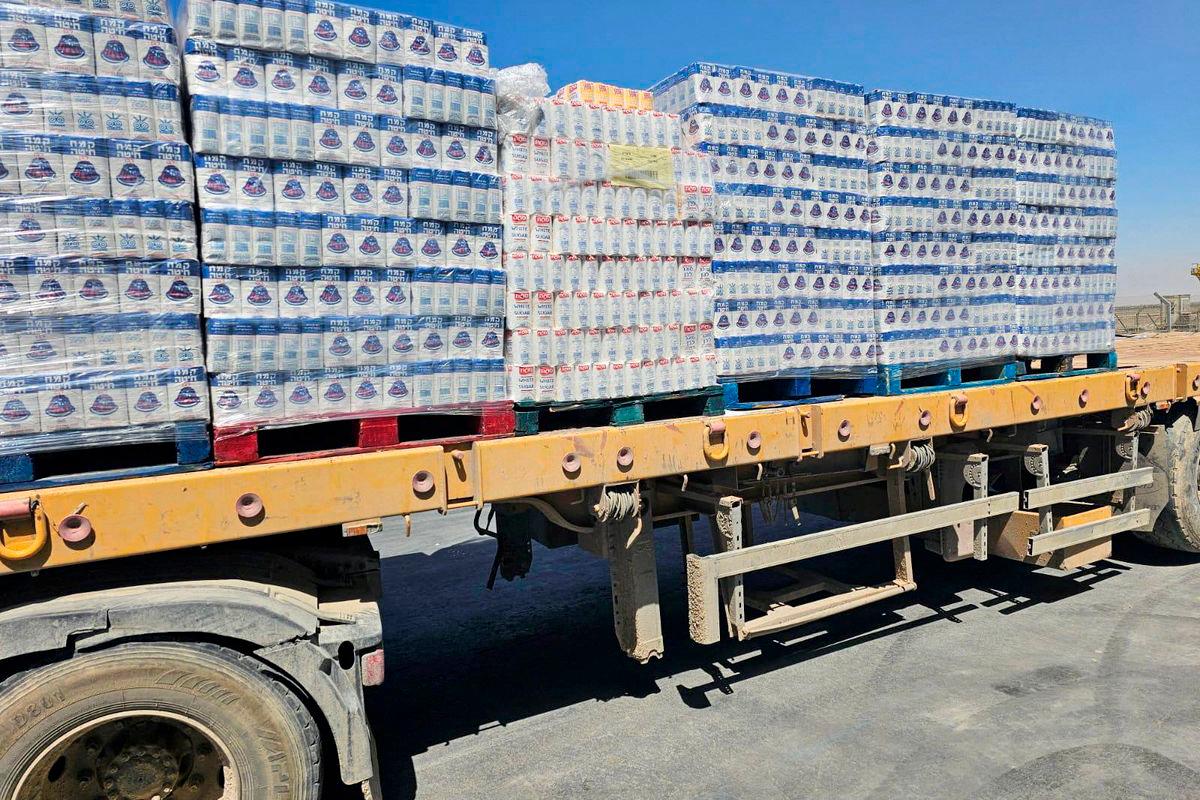In a rare moment of relief for Gaza’s battered population, Israel allowed 93 United Nations aid trucks to enter the besieged territory on Tuesday. This comes just a day after the UN announced it had been granted permission to resume sending humanitarian supplies for the first time since Israel’s total blockade began on March 2.
The trucks, cleared through the Kerem Shalom crossing, carried desperately needed supplies—flour for bakeries struggling to feed hungry families, food for malnourished babies, and crucial medical and pharmaceutical aid.
Israel’s Coordinator of Government Activities in the Territories (COGAT) confirmed the entry, noting the supplies were part of the ongoing international push to address the rapidly deteriorating humanitarian crisis in Gaza.
But for many on the ground, it still feels like a drop in the ocean.
“Yesterday’s trucks were a step, but we are far from meeting the needs,” said UN humanitarian chief Tom Fletcher. “People are starving, children are sick, and families are living without shelter or medicine. Ninety-three trucks don’t fix that.”
The situation remains tense and uncertain. UN Secretary-General António Guterres’ spokesman, Stéphane Dujarric, shared that while more aid is physically entering Gaza, delivering it to the people who need it most remains a logistical nightmare.
“Today, one of our teams waited for hours just to get clearance to move nutrition supplies. Sadly, they never got the green light to collect them,” Dujarric said.
Even as aid trickles in, the war rages on. Over the weekend, the Israeli military intensified its campaign against Hamas, pledging to continue the offensive sparked by the militant group’s deadly October 7, 2023 attack.
For the people of Gaza, every truck matters. Every box of flour, every bottle of medicine, every moment of access—these are not just statistics. They are lifelines. And the world is watching, waiting for more than just permission—waiting for compassion.








